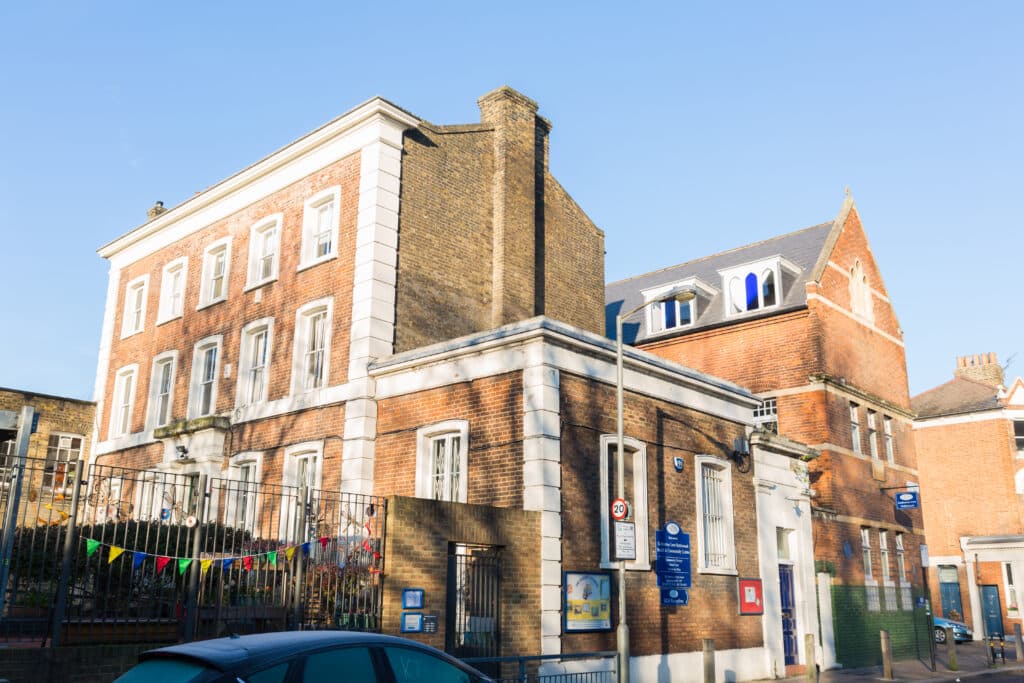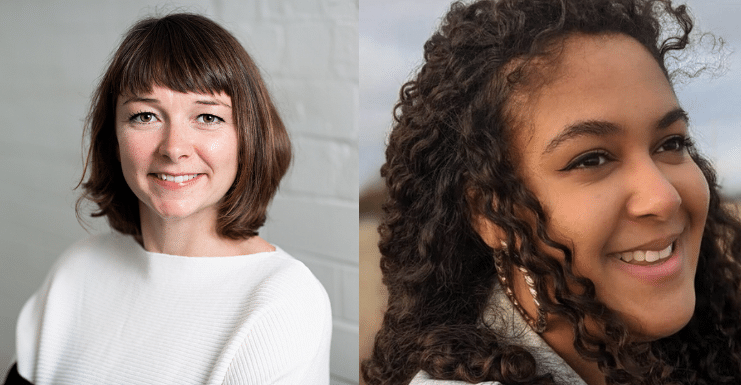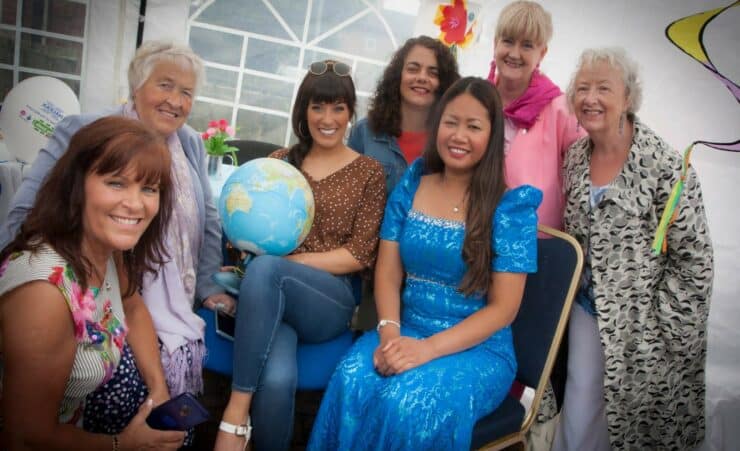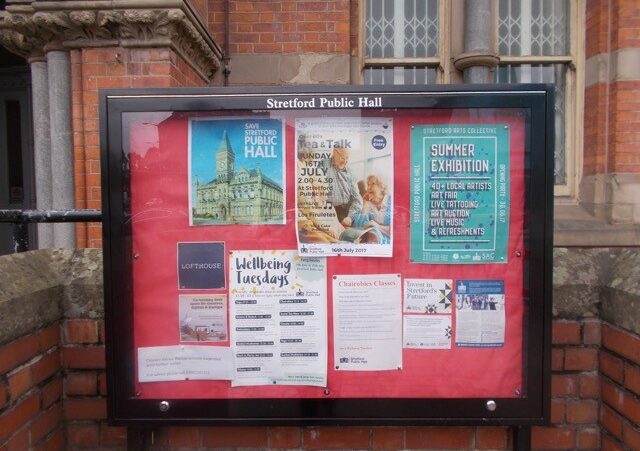
Managing our community asset in an era of austerity
Katherine Low Settlement
Who we are: ‘Collaboration, participation, care and kindness’
KLS was established in 1924 in memory of Katherine Low who is believed to have been a suffragette and philanthropist (no one knows for certain) who tackled issues around poverty in South East London. When she died, her friends used philanthropic funds to buy the settlement in Battersea – an area with rising levels of poverty and social inequality from the era of industrialisation.
‘[Our values of] collaboration, participation, care and kindness are the same, but the services that we offer have changed to reflect the needs of the local communities we work with.’
We’re now a ‘pillar’ in the community, offering affordable rents and providing start up support for local groups and agencies, which in turn has developed a substantial staff and volunteer base that widens our social impact in the area. By having these roots, e.g. having trustees that reside in the local area, we have established trusting relationships with our community and secured its involvement in decision-making.
How we have maintained the Settlement’s financial health in an era of austerity
Our current financial health is stable and prosperous, but we have faced periods of economic uncertainty in the past due to dependency on funding sources; feeling the impact of austerity; having full responsibility of the maintenance and upkeep of the freehold; and not, until recently, utilising the space to maximise the unrestricted funds gained. Consequently, we have had to make difficult decisions, including having to sell off other assets that were previously part of the Settlement (two buildings located nearby) to keep the charity afloat.
In recent years, we have strived to turn this around and become financially sustainable by bringing in new leadership; reassessing the use of the asset and utilising the space; and developing a healthier financial model. Three key aspects were influential in developing the Settlement’s financial health:
- The diversification of income
- Profiting from owning the freehold
- Reputation and values
Diversification of income: In the last six years, we have made a conscious decision to move away from being dependent on income revenue and develop an effective contingency plan to fund building maintenance by diversifying the range of income sources. We have now developed a balanced funding model, consisting of earned income and a portfolio of charitable trust grants, and worked to maximise the use of the asset, resulting in a significant shift from 26% to 80% occupancy. This shift has generated unrestricted income that we have invested back into the charity, which in turn has heightened our independence and allowed us to subsidise typically unfavourable aspects to fund. For example, core costs, maintenance and repairs, and room renovations to become multi-purpose spaces, whilst also providing affordable rent for community groups. This new funding model has also influenced a shift in practice by implementing regular monitoring of our finances; a separate finance committee; a monthly finance report; and the Director focused on fundraising.
Owning the freehold: By owning the freehold, we could access charitable trust grants, such as a Heritage Lottery grant, which fund building renovations. Owning the freehold has not only provided economic benefit, but also had an emotional impact – we have a sense of security, confidence, and autonomy. We are not operating in fear that a landlord might abruptly end our lease or increase rents. Instead, this sense of security enables our staff to invest in the Settlement, both emotionally and financially, over the last 95 years.
Reputation and values: The initial purpose of tackling issues around poverty and social inclusion continues to be a driving principle for how we use the asset, although the approach adopted depends on the needs and circumstances of local residents at that time. Our longevity has played an important role in surviving turbulent times by demonstrating a strong value base and commitment to supporting the local area. This has built long lasting, trusting relationships and a positive reputation with our community and local organisations, who in turn have then been committed to, and invested in, the running of the Settlement.
‘We are the pillar of the community that has been here donkeys’ years. Community work takes a lot of effort, a lot of trust, it takes a lot of time… We are that rock in the community, a community anchor. People know we are here, and people can decide when they want to use us. By having an asset, having a freehold, we can continue thinking like that and continue to be part of lives of local people because we have the asset.’
Sticking to our roots and preparing for the future
The nature of owning an historical asset means that over the years it has undergone renovations – different extensions have been built, and various repair works taken place that have not always been of a high standard. As we are now in a healthy financial situation, we’re currently striving to renovate the asset and ensure there is accessibility for all to use the building. The weight of the task could arguably justify the Settlement looking to move to new premises, however, the longevity, embedded values, and relationships built has encouraged us to stay where we are and invest in our current asset.
‘We have had discussions with trustees when looking at redeveloping the building, one of the options was to sell up and move away, to buy something that was purpose built. That would suit our needs, our current needs, but no, there was a unanimous decision our roots are here in Battersea, the trust and reputation of KLS is here, and we would have to start all over again.’
To find out more about the work of the Settlement, you can contact Aaron via aaron@klsettlement.org.uk or 020 7223 2845
Katherine Low Settlement were one of the organisations we spoke to for our research with Sheffield Hallam, which aimed to create a national picture of community asset ownership.


